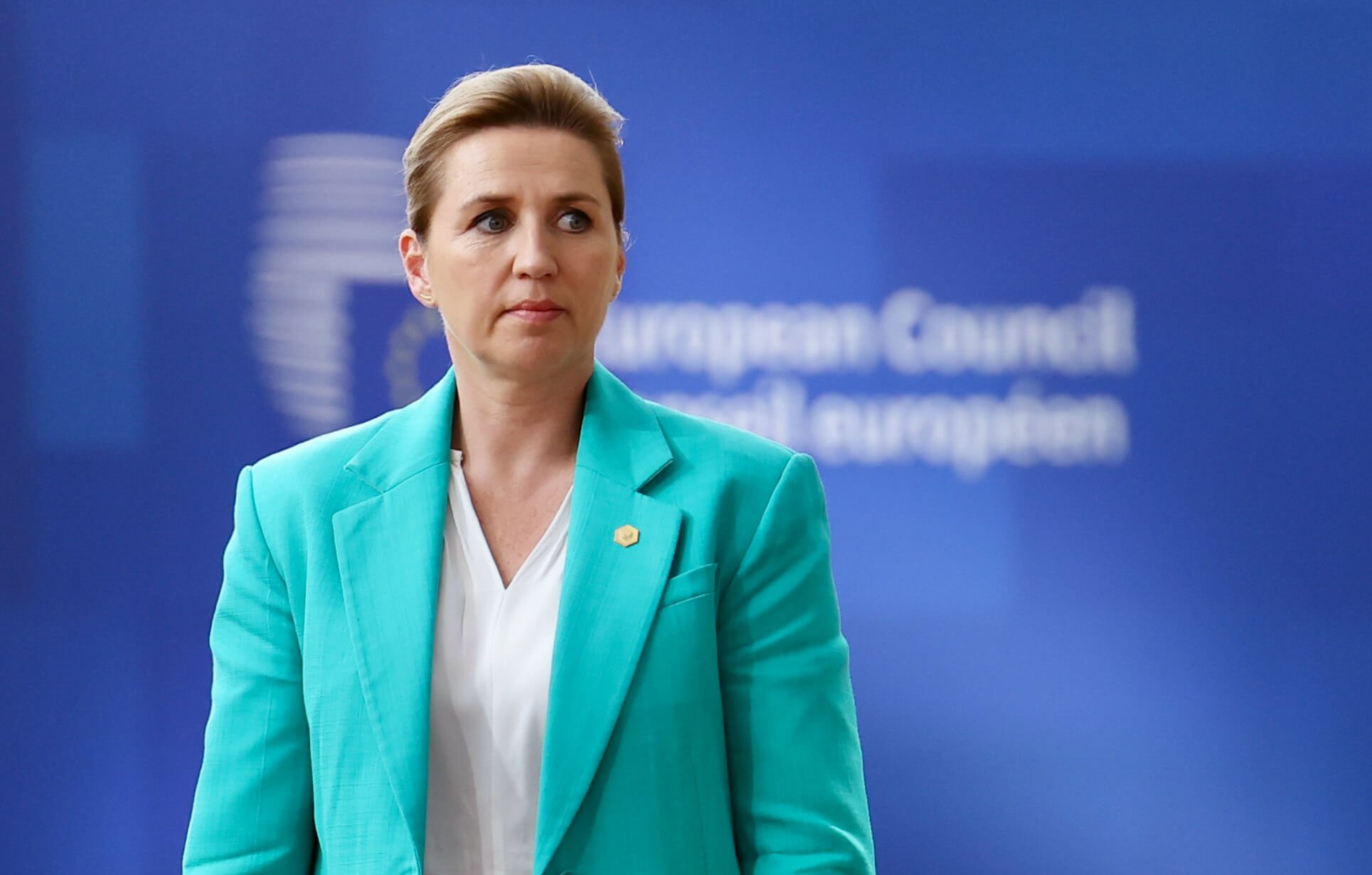“There are 12 countries on the waiting list to become members of the European Union,” European Commission President Ursula von der Leyen said in April.
Commission staff quickly reached out to her cabinet with a correction: there are only ten EU candidate countries, they noted, including Kosovo.
But von der Leyen’s team responded that there was no mistake; Iceland and Norway are on her list.
In fact, the accession of northern European countries to the EU is looking increasingly attractive to both sides.
The idea of northern EU enlargement is hardly radical. Northern European countries are already deeply integrated with the EU, through the European Economic Area and Schengen. But so far, they have eschewed membership in the Union.
While Iceland opened accession negotiations in 2010, it suspended the process five years later.
Norway has held two referenda on EU membership, but “no” won narrowly both times.
Greenland, a self-governing territory of Denmark, was part of the European Communities until 1985, when it voted to withdraw following a dispute over fishing rights.
The logic of enlargement
But recent geopolitical developments – from Russia’s war of aggression in Ukraine to US President Donald Trump’s antagonism toward NATO – have fundamentally changed the logic of enlargement.
With Iceland, Norway, and especially Greenland facing intensifying security concerns, Article 42.7 of the Treaty on the EU – which establishes a commitment to mutual defense that is, in legal terms, stronger than NATO’s Article 5 – has gained considerable appeal.
In today’s dog-eat-dog world, membership in a political union like the EU is not a shackle, but a shield.
Northern European countries have lately been feeling the effects of their exclusion from EU decision-making
Beyond national security, northern European countries have lately been feeling the effects of their exclusion from EU decision-making.
In January, Norway’s government collapsed over the implementation of EU energy policies, which it had no formal role in shaping.
More recently, Norway has been suffering the consequences of trade tensions between the EU and the United States – tensions that it cannot participate directly in resolving.
This prompted a large Norwegian delegation to travel to Brussels to get the country’s voice heard.
Reassessment is underway
So, a reassessment is underway. Iceland’s government is already planning a referendum on restarting accession talks, and debate on the topic in Norway has been reinvigorated.
In both countries, public support for EU membership has reached record highs. Polls suggest that a majority of voters in Greenland would also favor joining the EU, should such a discussion be initiated by the territory’s autonomous institutions.
From the EU’s perspective, northern enlargement would be a strategic boon.
Iceland would contribute renewable-energy expertise and maritime reach; Norway would bring energy security and an Arctic presence; and Greenland would provide access to critical minerals and emerging sea routes.
Their accession would thus reinforce the EU’s global clout, institutional credibility, and economic and energy resilience.
The enlargement process takes time, and each new member’s path is different
It helps that all three are democracies that share the EU’s rules, values, and strategic interests.
Of course, the enlargement process takes time, and each new member’s path is different.
Iceland could move swiftly, should its anticipated referendum succeed, because it has already engaged in accession negotiations.
The process would be considerably slower for Norway – where EU accession would require a deep political shift – and despite rising support, it remains rather unlikely, for now.
In Greenland, too, the territory’s people and government must drive any effort to revisit the relationship with the EU.
The Danish presidency
For now, the EU must recognize the potential for northern enlargement and communicate that it is open to engagement on the topic.
The European Commission under von der Leyen has done so, opening an office in Nuuk, Greenland in March 2024 and visiting Iceland in July this year. Now the Council of the EU should follow suit.
 A visit to Iceland by Danish Prime Minister Mette Frederiksen could signal that the EU wants to engage with its northern neighbors on their terms
A visit to Iceland by Danish Prime Minister Mette Frederiksen could signal that the EU wants to engage with its northern neighbors on their terms
The Danish presidency is an ideal opportunity to initiate this process. Denmark argues in its program for the presidency that enlargement is a “geopolitical necessity.”
Moreover, Denmark is uniquely positioned to support and facilitate dialogue with the North.
For example, it could host an informal Foreign Affairs or Fisheries Council meeting there (should Greenland’s government so desire).
A visit to Iceland by Danish Prime Minister Mette Frederiksen could also signal that the EU wants to engage with its northern neighbors on their terms.
Crucially, such efforts would not compete with eastern enlargement. On the contrary, they would validate the EU’s enlargement agenda, which has been on hold since 2013 (when Croatia joined).
To inject fresh energy into the process, the EU must look in all directions.
Roderick Kefferpütz is Director of the Heinrich-Böll-Stiftung European Union office and a senior fellow at the Atlantic Council.
Villy Søvndal, a former minister of foreign affairs of Denmark, is a member of the European Parliament.